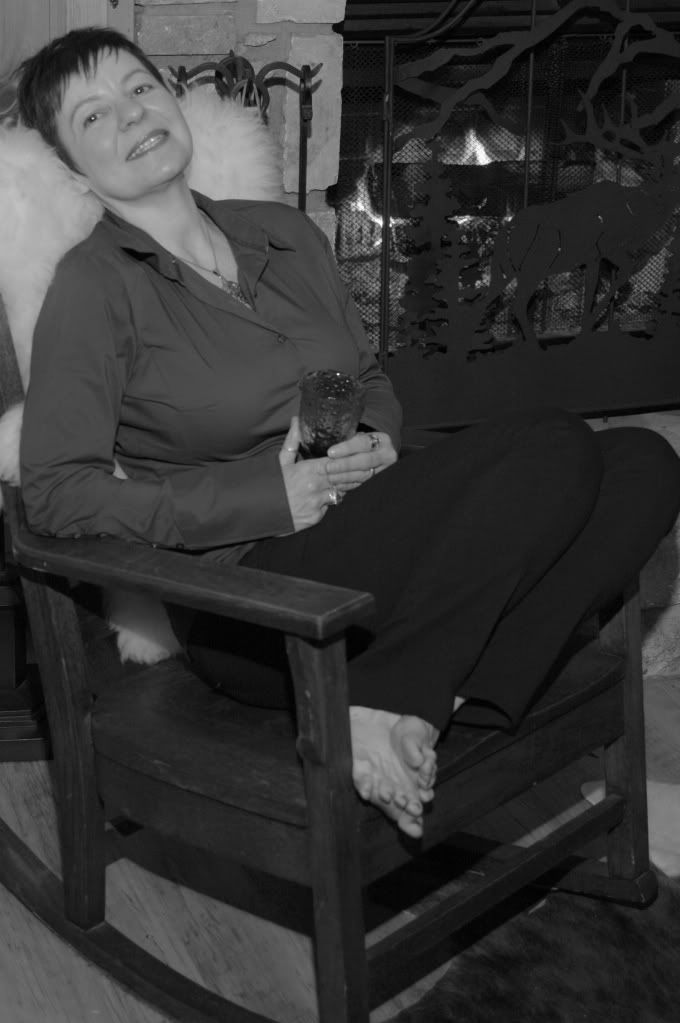 Stories Made Real by the Telling
Stories Made Real by the Telling
by Kathryn Magendie
Most of us have heard about writing what we know in our fiction. But sometimes writing what we don’t know reveals the hidden, unearths it as if we’ve shoveled deep into the soil, excavating through dark dense layers. And sometimes writing what we do not know becomes reality and that leaves us stunned and blinking, looking down at the hole we’ve dug filled with the empty-marrowed bones of ancestors real and imagined.
After writing a particularly dark scene in Family Graces that left me drained and exhausted, I took to my bed for a nap—for the prior novels Tender Graces and Secret Graces have their bits of darkness, but nothing like the scenes in the chapter titled Grandma Faith’s Last Five Days on Earth. In that time between when I thought I couldn’t possibly nap and the time that I did fall asleep, my synapses fired off—this family, this Graces Saga, this Virginia Kate story—how do I honor them?
I had to consider why I was having such a hard time writing the third and final book in the Graces Trilogy. Usually my words come fast, heaving out in a rush. Not so with Family Graces. The words stuck in my throat, caught up in my tightened chest. Made the digging shovel go ping ping ping against hardened rock and parched ground as I strained and pushed and pulled.
words come fast, heaving out in a rush. Not so with Family Graces. The words stuck in my throat, caught up in my tightened chest. Made the digging shovel go ping ping ping against hardened rock and parched ground as I strained and pushed and pulled.
Alcoholism, violence, murder, pain, secrets, suicide, abandonment, cruelty, tenderness, pride, mothers, daughters, fathers, brothers, sisters, heartache, and in between is the living and the love and family lost and gained and lost again. It’s the stuff of great and compelling fiction, but it isn’t only fiction; for in my mostly unknown-to-me biological family, those themes rise up as forbidding as the mountains I, and my character Virginia Kate, love so much.
When I began The Graces Trilogy, I knew more than 95% of it would be fiction. I took the 3-4% or so of things I and my brothers experienced—our biological mother in West Virginia giving up her three kids one by one to live with our father and stepmother—and used that as a starting point to Virginia Kate’s own story of an Appalachian family torn apart. I would not know until I dug into layers and layers of earth—memory and idea and thoughts and whispers—how much what is real and what isn’t would become muddied.
 What made the trilogy the most intriguing to write are the things I thought were fiction that turned out to be have some truths that had remained deeply embedded, and only when someone said, “How did you know about . . .?” Perhaps I’d overheard something as a child and my adult black-holed brain released them through my fiction—though it brought forth no memory as I wrote it—or perhaps I just guessed in that way that “truth is stranger than fiction,” or perhaps just as Virginia Kate does, I have ghosts speaking to me who want their story told.
What made the trilogy the most intriguing to write are the things I thought were fiction that turned out to be have some truths that had remained deeply embedded, and only when someone said, “How did you know about . . .?” Perhaps I’d overheard something as a child and my adult black-holed brain released them through my fiction—though it brought forth no memory as I wrote it—or perhaps I just guessed in that way that “truth is stranger than fiction,” or perhaps just as Virginia Kate does, I have ghosts speaking to me who want their story told.
But stranger still, as I completed the final draft of Family Graces, how could I know the suicide of Katie Ivene’s brother Ben would become the same fate of my own half-brother in West Virginia? Oh, but too late—it’s in the story—it was in the first book, Tender Graces. It must remain—truth and fiction. And in a moment of honesty here: writers sometimes have no soul when it comes to The Story—we have no conscience; we know no boundaries of decency. Writers can be heartless in their quest for The Story. Still, it is not without cost. Yet, no matter the cost, just as Virginia Kate did, I tell the stories. I wanted them all to be hers. I did not want her story to become my own. Still do not.
As I keep this Appalachian family grounded in fictionalized events, the truths rear up in a wild white-eyed fury. I dance around them in a strange ballet that stresses my mind and body and soul—but in the way a writer calculates with the beady eye of a crow.
Family Graces often had me wandering about the little log house feeling this sense of loss and pain and curiosity and all manner of questions unanswered—the ground did not always yield to my digging. Maybe, through Virginia Kate, I not only created answers to her story, but filled in the spaces with a mud-mix of fiction/nonfiction to my own life story and my Appalachian roots.
Grandma Faith says, “Ghosts and spirits weave around the living in these mountains. They try to tell us things, warn us of what’s ahead, or try to move us on towards something we need to do. But most of all, they want us to remember . . . the stories are made real by the telling.”
And that is what I do—I make the stories real for my readers by the telling of them. They are not my own. They are not my own. They are not my own.
Bio: Kat Magendie is an author, and Publishing Editor of the Rose & Thorn Journal. She lives in Maggie Valley, North Carolina with her dogs, husband GMR, a ghost dog, lots of critters around the little log house, and a view of the Smoky Mountains that awes her every live-long day is long-lived. Visit her at www.kathrynmagendie.com. Family Graces will be released this spring.


9 Responses to “STORIES MADE REAL BY THE TELLING”